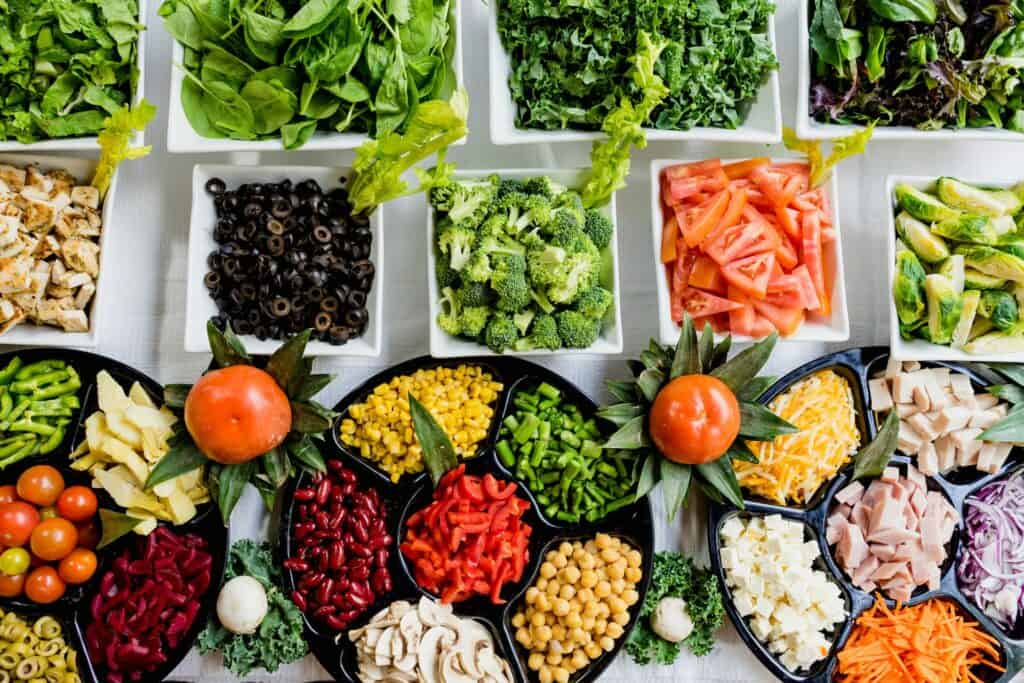Grocery shopping can be a huge expense (probably the biggest after mortgage or rent), but it is possible to reduce the amount you spend by following a few simple tips. Here are some ways to get the lowest weekly grocery budget:
What’s the Lowest Possible Weekly Grocery Budget?
In absolute terms, about $2-$4 per person, per day. I eat toast with almond butter for breakfast every day, which costs around less than 50 cents. You can have pasta or rice and eggs for lunch, and that will be less than a dollar. In the same way, you can pair cheap carbs and protein for dinner.
You can probably push it below $2 or even $1 per day if you eat dried beans and rice, but the monotony and suffering will be pretty intense.
How do you Get There?
Here are the tips:
Make a list and stick to it
Before you go shopping, make a list of the items you need and try to stick to it as much as possible. This will help you avoid impulse purchases, which can add up quickly. If you’re going to make a mental list, it helps to always visit the same store, since you’ll know what you eat and where it is.
Shop sales and discounts
Look for sales and discounts at your the and try to plan your meals around items that are on sale (as long as it’s healthy, nutritious food). You can also check store flyers or use a coupon app to find additional savings. For example, Publix is usually expensive, but often runs BOGO promotions that are a great deal.
Buy in bulk
If you have the storage space, consider buying non-perishable items in bulk. This can save you money in the long run, especially if you are able to find items on sale or with a discount. Warehouse clubs like Sam’s or Costco are great for this.
Grow your own produce
If possible, consider starting a small vegetable garden. Not only will you save money on produce, but you’ll also have the satisfaction of growing your own food.
Plan your meals
Planning your meals for the week can help you avoid waste and save money on groceries. Make a meal plan and create a shopping list based on the ingredients you’ll need for those meals. That way, you won’t buy stuff that you won’t use.
Don’t shop when you’re hungry
It’s a common saying, but it’s true – don’t go grocery shopping when you’re hungry. You’re more likely to make impulsive purchases if you’re hungry, and those items can add up quickly.
Buy the cheapest nutritious food
This will probably be the biggest factor in your grocery expenses. Expensive foods tend to be prepared meals and animal products, probably just because they cost more to make. Meats are likely the most expensive food category of all. That’s because the animal has to be raised or caught, slaughtered, and transported.
On the other end, grains and other agricultural products that can be grown in massive quantities and at low cost tend to be the cheapest. You can get cheap protein from beans, some nuts, and milk and eggs.
Shop the cheapest stores
Bar none, Walmart and ALDI tend to be the cheapest. Premium grocers like Whole Foods and specialty stores are usually the most expensive. So if you want to really cut down those bills, go to Walmart or ALDI, but make sure you buy good stuff and not processed junk food.
Don’t cook too much stuff at a time unless you’re really going to eat the leftovers
Wasted food is wasted money. That simple.
Learn which grocery stores closest to you are the cheapest
This is for when you have an emergency and need to buy something that you forgot or didn’t know you needed when you made your regular grocery run. You don’t want to get caught in a bind and rush to the nearest place, only to have it turn out to be expensive AF. So, know what’s cheap and very close to you, whether it be a corner bodega or a Walmart or Target. Just have it in mind for those unforeseen emergencies.
Summing It Up
By following these tips, you can reduce your weekly grocery budget and save money on your household expenses. Everything helps, and I find that groceries can easily be one of our biggest expenses.
Video
Here’s a YouTube video from Rachel Cruze with even more:


Leave a Reply